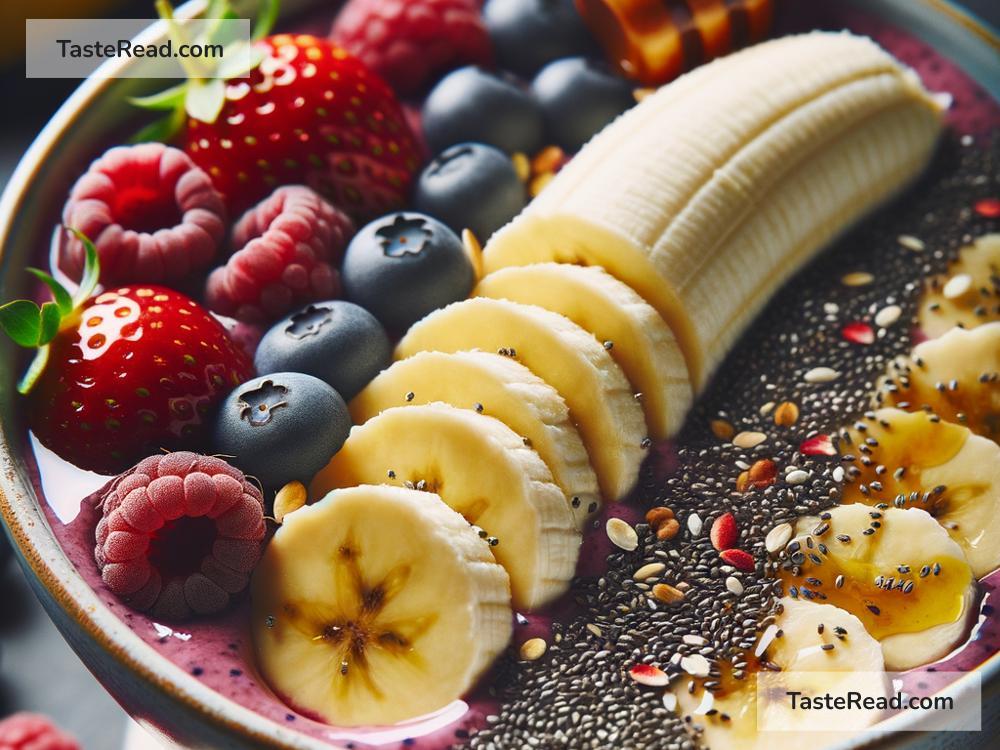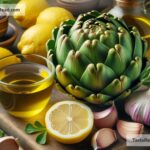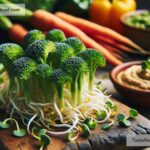The Surprising Role of Bananas in Potassium-Rich Diets
When it comes to snacks, bananas are hard to beat! They’re tasty, portable, and bursting with nutrients. But what makes them truly special is their reputation as a potassium-rich superstar. Everyone talks about how bananas are a great source of potassium. However, did you know they’re not actually the highest potassium food out there? Let’s dive deeper into the surprising role bananas play in potassium-rich diets—and why they’re still worth celebrating!
Why is Potassium Important?
Potassium is a mineral that does a lot of hard work inside your body. It helps keep your muscles strong, your nerves functioning properly, and your heart pumping steadily. Potassium also plays a key role in controlling your body’s fluid balance. It works alongside sodium to make sure your cells get the right amount of water, which helps prevent bloating and dehydration.
Getting enough potassium can lower your risk of high blood pressure, reduce the chances of heart disease, and improve overall health. The problem is, many people don’t consume enough potassium. According to studies, most adults fall far below the recommended daily intake of 2,500–3,500 milligrams for potassium. That’s where potassium-rich foods come in—and bananas are often the first one people think of.
Are Bananas the Best Source of Potassium?
Bananas are famous for their potassium content. A medium-sized banana contains about 400 milligrams of potassium, which makes them a solid choice for people who want to boost their intake. But here’s the surprising truth: bananas aren’t the highest potassium food out there. In fact, many other foods contain more potassium than bananas!
For example:
– A medium baked potato delivers about 900 milligrams of potassium—more than double what you get in a banana.
– Sweet potatoes contain roughly 500 milligrams of potassium per serving.
– A half-cup of cooked spinach has about 420 milligrams of potassium.
– Avocados, beans, and even dried fruits like apricots also pack more potassium than bananas.
So, why do bananas get all the attention? The answer lies in their convenience, flavor, and versatility. While foods like spinach or beans may require cooking or preparation, bananas are ready to eat as soon as you peel them. They’re also sweet and enjoyable, making them a more appealing snack than, say, a raw potato!
The Advantages of Eating Bananas
Even if bananas aren’t the No. 1 source of potassium, they still deserve their reputation as a potassium-rich food. Here are some reasons why bananas are such a popular choice:
-
Easy to Eat Anytime, Anywhere
Bananas are nature’s grab-and-go snack. They don’t need refrigeration, special packaging, or preparation. Whether you’re at home, at work, or on the go, bananas make it easy to boost your potassium intake. -
Gentle on the Stomach
Bananas are easy to digest and unlikely to cause stomach upset. That’s why they’re often recommended for people recovering from illness or dealing with digestive issues. They’re soft and soothing—and packed with energy. -
Low-Calorie Option
A medium banana has about 100 calories, making it a light yet satisfying snack. It’s a great option for people tracking their calorie intake but still looking to improve their nutrient consumption. -
A Whole Package of Nutrients
Along with potassium, bananas provide other important nutrients like vitamin C, vitamin B6, and dietary fiber. They’re a great way to support digestion, strengthen immunity, and boost energy—all in one delicious package. -
Perfect for Recipes
Bananas can be used in so many ways! Add them to smoothies, use them as a natural sweetener in baked goods, slice them into cereal, or even freeze them for a healthy dessert. Their versatility makes them a favorite ingredient in kitchens around the world.
Balancing Your Diet with Other Potassium-Rich Foods
While bananas are fantastic for a quick potassium boost, it’s important to include a variety of potassium-rich foods in your diet. Remember: potatoes, spinach, beans, avocados, and dried fruits all pack a powerful potassium punch. By eating a mix of these foods, you’ll ensure you’re getting enough potassium every day to support your overall health.
How to Incorporate Bananas into Your Diet
If you’re already eating bananas, great! Here are a few fun ways to enjoy them even more:
– Blend bananas into a smoothie with yogurt and other fruits.
– Mash bananas and stir them into pancake or muffin batter for natural sweetness.
– Slice bananas and eat them with peanut butter for a filling snack.
– Freeze bananas and turn them into creamy “nice cream” for dessert.
Conclusion
Bananas may not have the highest potassium content compared to foods like potatoes or spinach, but they’re still a potassium hero in their own right. What makes them stand out is their simplicity, flavor, and ease of use. Whether you eat them on their own, toss them into recipes, or combine them with other foods, bananas are an excellent addition to any potassium-rich diet.
So the next time you reach for a banana, know that you’re not just enjoying a tasty treat—you’re also giving your body the nutrients it needs to stay healthy and strong. Small, yellow, and full of surprises, bananas prove that sometimes the simplest foods are the most impactful!


